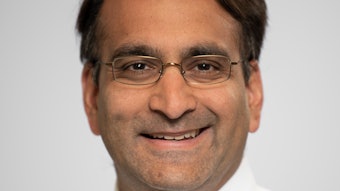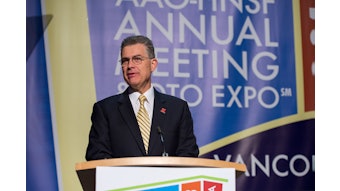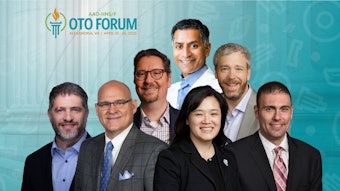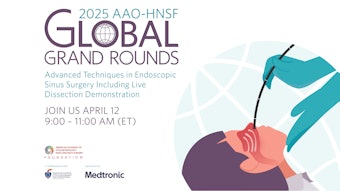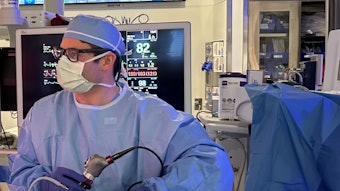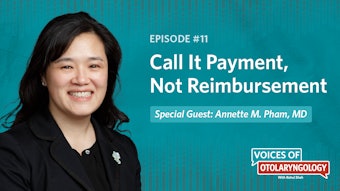Every Voice Matters: The Power of Physician Advocacy
Physicians are the most credible advocates for healthcare reform because we witness its challenges firsthand.
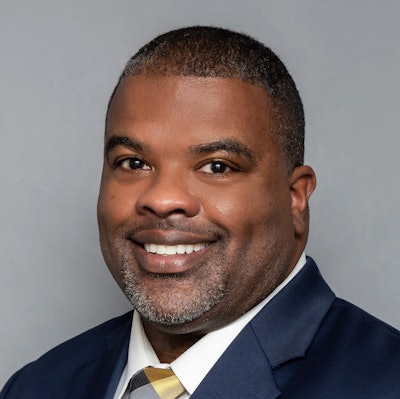 Troy D. Woodard, MD
Troy D. Woodard, MD
AAO-HNS/F President
I was fortunate to represent the AAO-HNS at the AMA National Advocacy Conference in February, along with Annette M. Pham, MD, Chair of the Otolaryngology Private Practice Section, James C. Wang, MD, PhD, Chair of the Young Physicians Section, Rahul K. Shah, MD, MBA, AAO-HNS Executive Vice President and CEO, and our Academy staff. If you have never had the opportunity to advocate on Capitol Hill, I highly encourage you to add it to your professional bucket list. Initially, the thought of lobbying was intimidating. I doubted my ability and worried that I lacked the necessary skills. However, after a brief tutorial and a few practice discussions, I quickly realized that I possessed the perfect skillset—experience.
The most effective approach to advocacy is sharing personal experiences. As physicians, we live medicine every day. We are on the front lines, struggling through administrative burdens like endless paperwork, pre-authorization delays, and the growing challenge of appealing denials, all while receiving diminishing reimbursements for our hard work.
Recently, I was pleasantly surprised to receive a follow-up email from Congressman Max Miller’s office after our meeting. During our discussion, I raised the issue of annual Medicare reimbursement cuts and their impact on our ability to continue providing high-quality care to our patients. Initially, Congressman Miller pushed back, suggesting that physicians were simply seeking higher personal incomes. At that moment, I clarified that our concern was not about personal financial gain, but rather about securing fair reimbursements to sustain our practices by paying staff, covering overhead costs, and ensuring continued patient care.
A pivotal moment in our discussion occurred when a fellow physician shared her story. She had not taken a salary for two years in an attempt to keep her practice open. Despite her best efforts, financial strain ultimately forced her to close her doors. This real-life example resonated deeply, highlighting the very real consequences of inadequate reimbursement policies.
Following our meeting, Congressman Miller’s office acknowledged our concerns in a statement, recognizing the barriers physicians face due to funding constraints and regulatory burdens. His correspondence noted the importance of strengthening healthcare access, modernizing healthcare policies, and addressing workforce challenges. Most significantly, our advocacy efforts contributed to his decision to cosponsor critical legislation aimed at improving physician reimbursement.
This experience reinforced a vital lesson: Every voice matters. Physicians are the most credible advocates for healthcare reform because we witness its challenges firsthand. Engaging in the legislative process can make a tangible difference. I urge you, my fellow physicians, to take an active role in advocacy. Your voice can shape policy, influence lawmakers, and ultimately improve the future of healthcare.
Advocacy is not a solitary effort. It is a collective responsibility. By speaking up, sharing our experiences, and engaging with legislators, we can help ensure that our patients receive the care they deserve and that our profession remains sustainable for future generations.







